Advertisement
Baby Teething Facts
Advertisement
Teething is a natural milestone in an infant’s life, marking the arrival of their first set of teeth. Known as deciduous or milk teeth, these tiny teeth start below the gums at birth. Teething refers to the period when these teeth begin to break through. While this process is normal, it can be uncomfortable for babies, often leading to irritability and disrupted sleep. Understanding how teething works and learning ways to soothe your baby can help parents handle this phase more easily.
When Do Babies Start Teething?
Most infants start teething between six and ten months of age. Some may surprise parents by showing their first tooth as early as three months, but this is rare. On the other hand, some children may not begin teething until after their first birthday. Typically, all baby teeth are in by the time a child reaches age three. It’s essential to keep in mind that each baby is different, and there’s a wide range of what’s considered “normal” for teething.
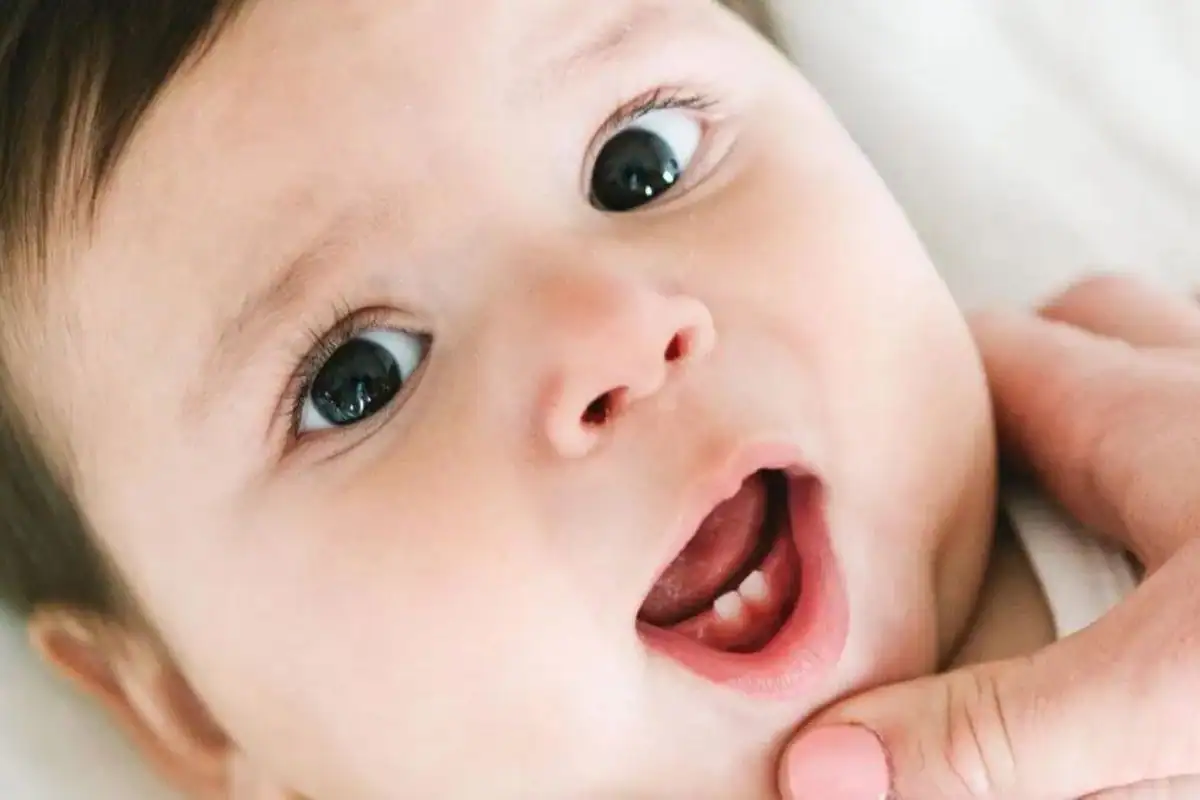
Advertisement
Why Is It Called “Cutting Teeth”?
The term “cutting teeth” dates back to ancient times and may refer to the discomfort babies feel during teething. Historically, it even involved cutting the gums to “help” teeth break through, although this is no longer practiced. Despite the name, teeth don’t actually slice through the gums. Instead, the body releases hormones that signal the cells in the gums to break down and separate, allowing the teeth to come through. The process can vary in pain levels from one baby to another, but there is no literal cutting involved.
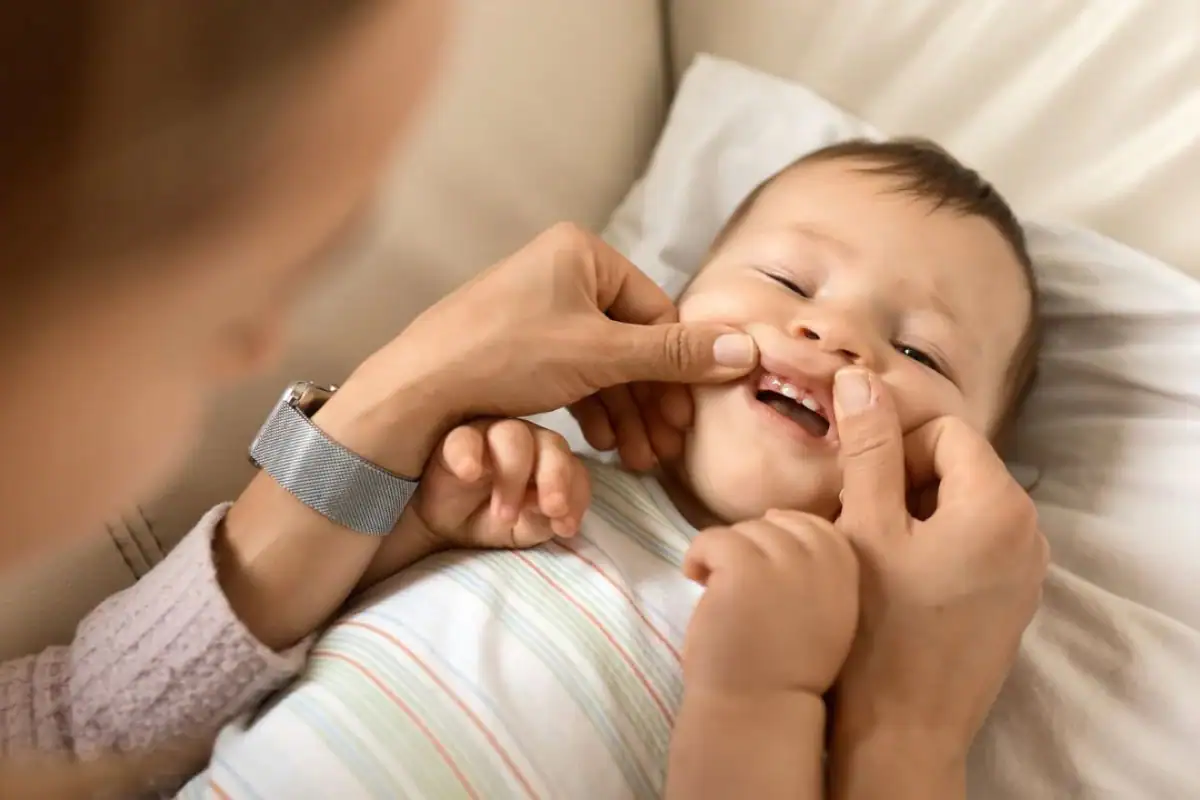
Advertisement
Does Teething Cause Fevers?
It’s a common belief that teething causes fevers, but this isn’t exactly true. Babies may have a slight increase in body temperature when teething starts, but this isn’t enough to be considered a fever. If your baby has a fever or symptoms like diarrhea, it’s likely due to a viral infection or another illness, not teething. Since babies of teething age tend to put things in their mouths, they can easily pick up germs that cause minor illnesses.
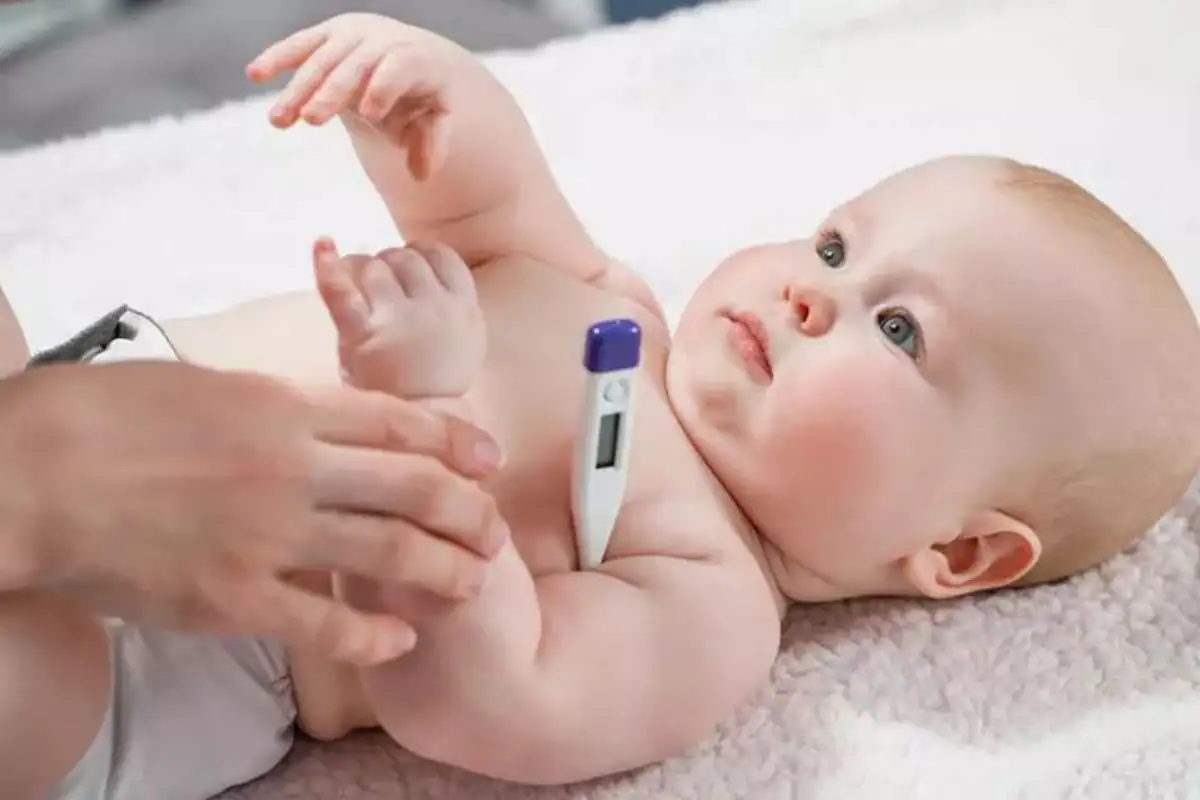
Advertisement
Common Signs and Symptoms of Teething
The most common indicators that your baby is teething include drooling and fussiness. Babies may also cry more and show signs of discomfort. Some will rub their cheeks, pull on their ears, or show redness on their cheeks or chin. Swollen gums and an increase in biting or sucking behaviors are also common. If your baby starts chewing on toys or their fingers more than usual, they may be in the teething phase. Some babies may refuse food when their gums are particularly sore.
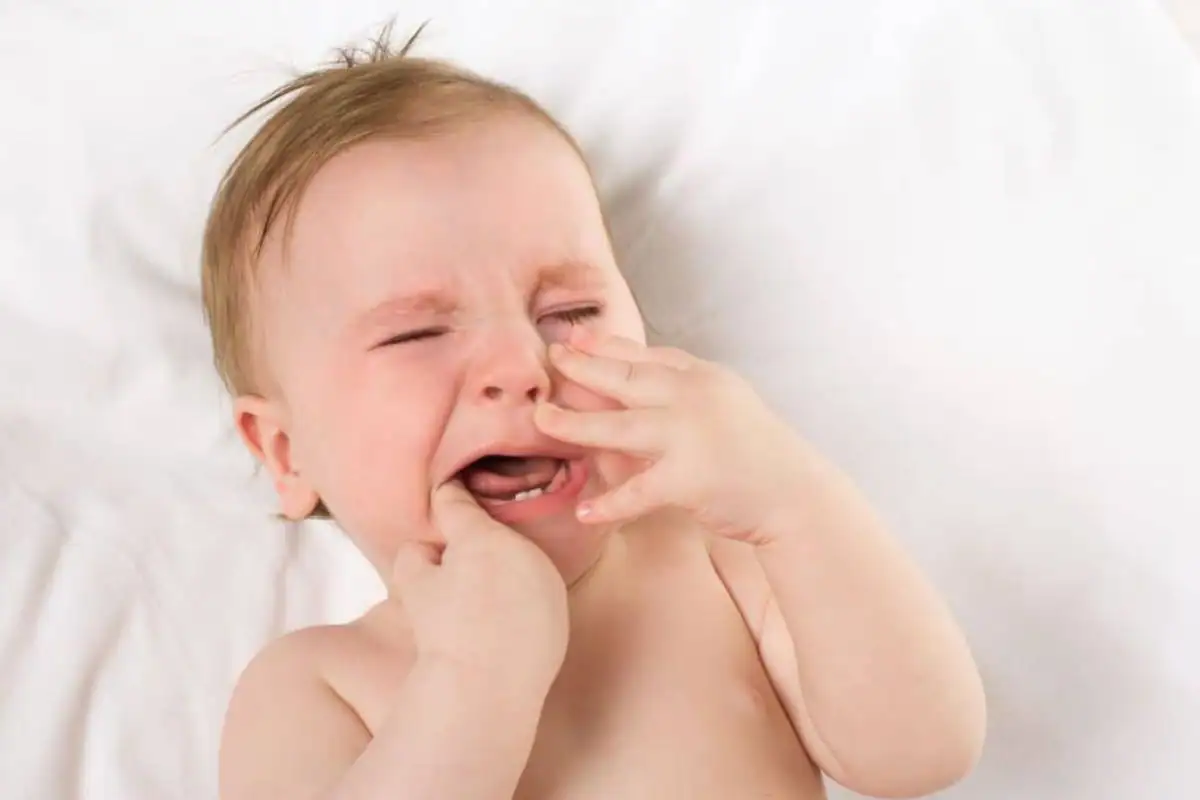
Advertisement
Why Teething Seems Worse at Night
Teething discomfort can happen at any time of the day, but it often seems worse at night. This may be because there are fewer distractions at night, making the pain more noticeable. For parents, teething troubles at night are more challenging because they often lead to disrupted sleep for everyone involved. The quiet nighttime environment might make the discomfort more apparent for your baby.

Advertisement
Remedies for Teething Discomfort
There are many simple remedies to help soothe a teething baby. Teething rings can be particularly helpful, as they provide a safe way for babies to chew and relieve gum pain. It’s important to ensure these toys are made of safe, washable materials. You can also gently rub your baby’s gums with a cold, damp washcloth to help ease the discomfort. Always supervise your baby when using any teething aid.
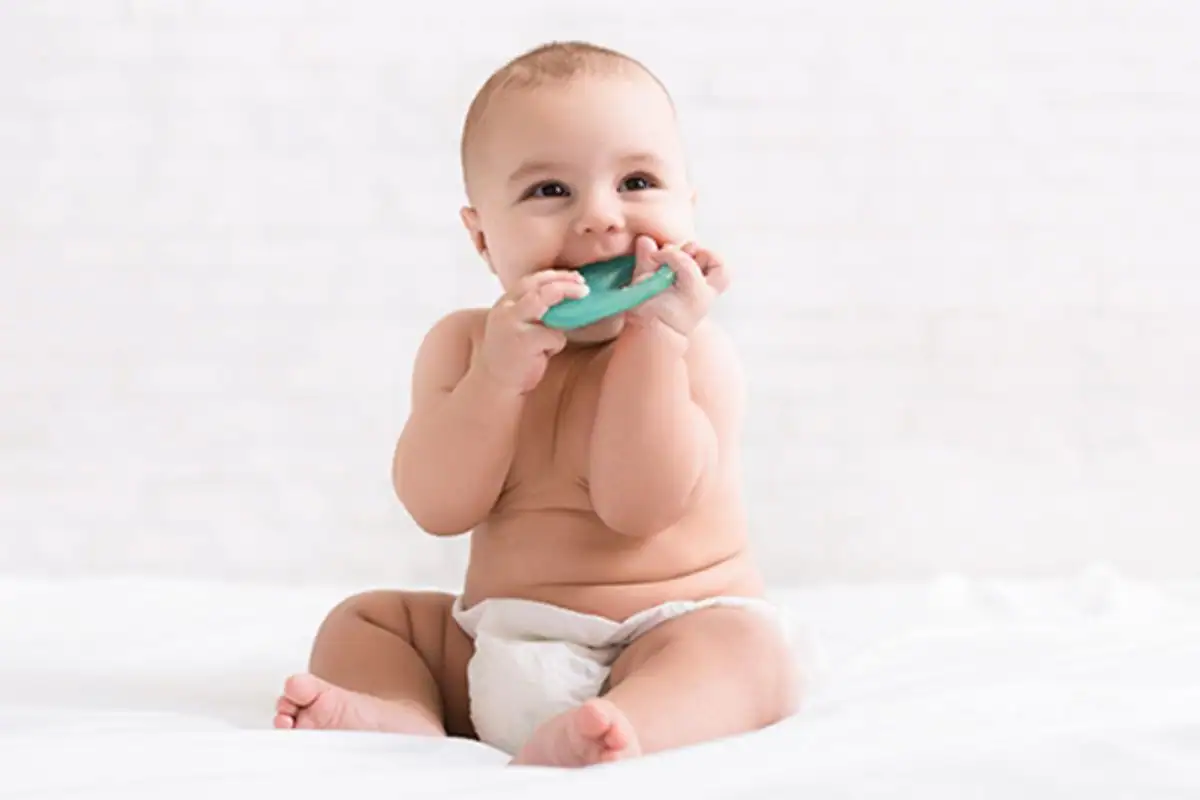
Advertisement
Medication and Teething
While teething toys and other remedies often do the trick, some babies may need additional relief. In some cases, a pediatrician might recommend medication. However, most doctors advise against giving pain relievers to infants younger than six months and caution against overusing medication. Persistent pain or irritability might indicate another issue, so it’s best to consult with a pediatrician if symptoms seem severe.
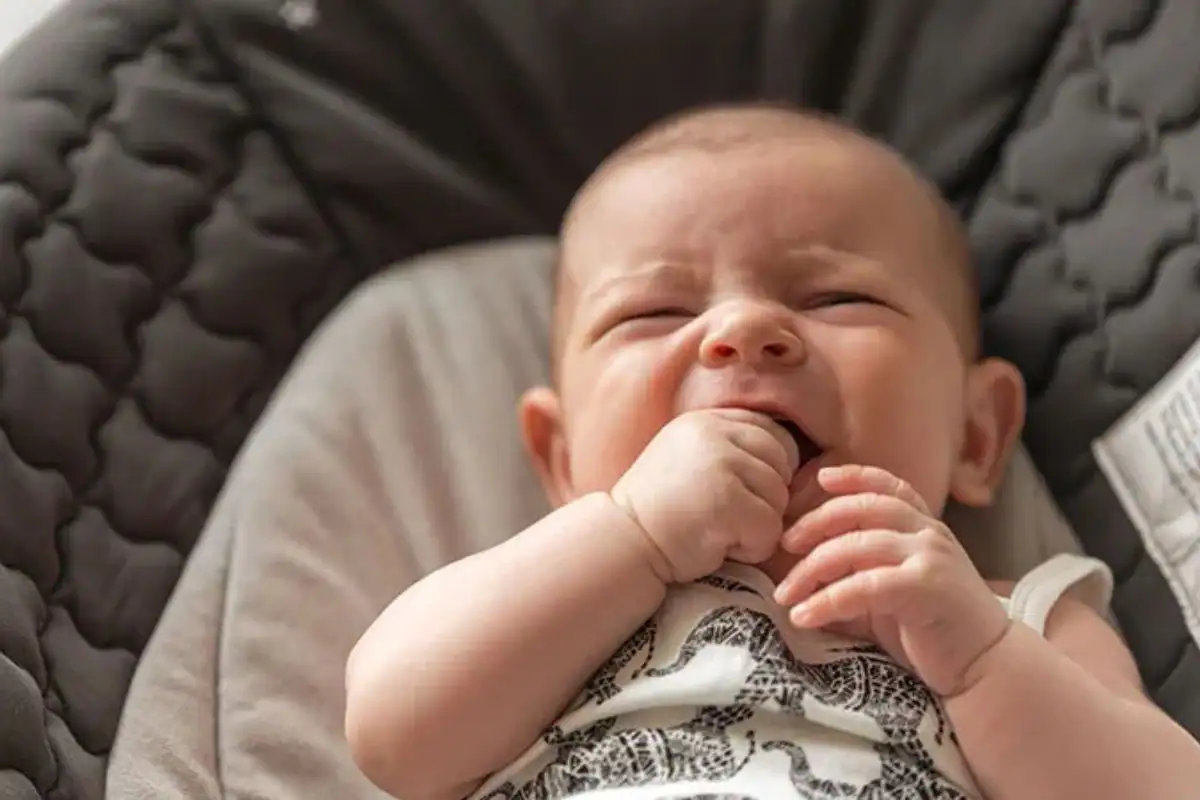
Advertisement
Complications Linked to Teething
In the past, teething was mistakenly believed to cause serious health issues, even death, in infants. However, modern science shows that teething itself only leads to discomfort, not illness. Historically, unsafe teething remedies, such as powders containing harmful substances like lead and mercury or cutting the gums, caused more harm than good. Today, parents are encouraged to use safe, pediatrician-approved methods to ease their baby’s discomfort.
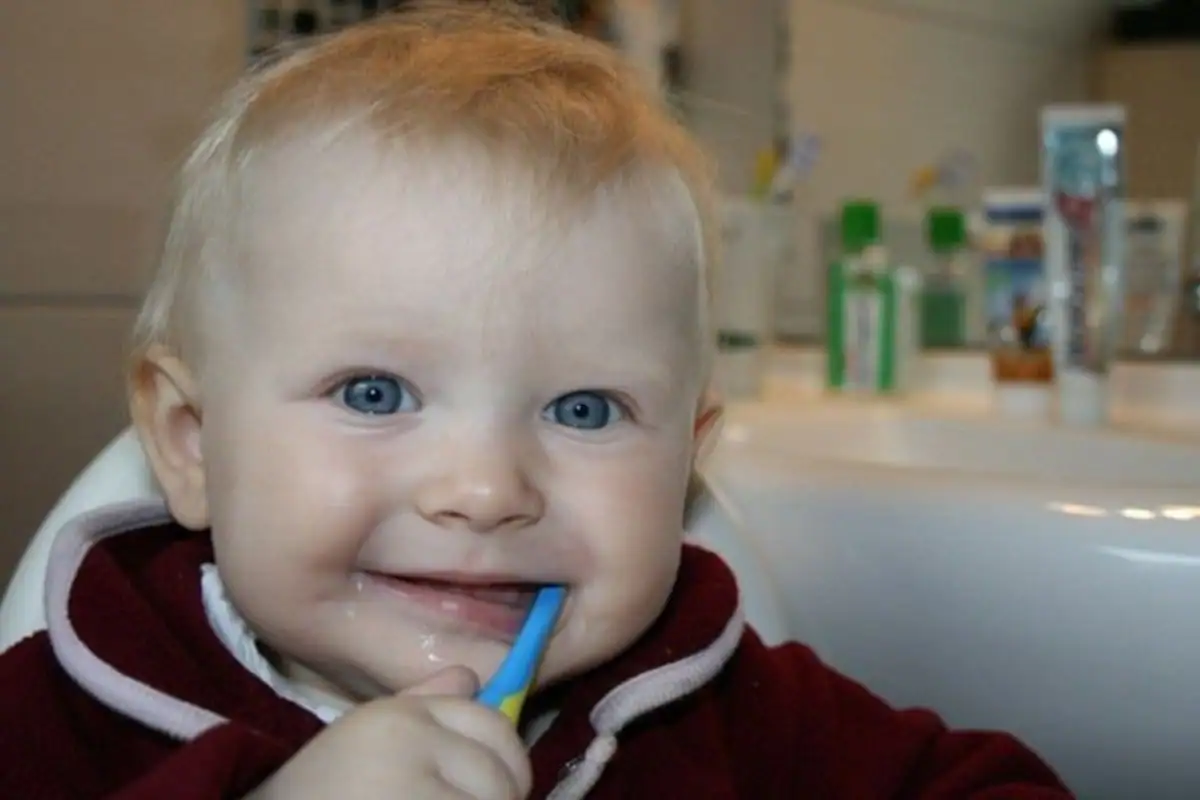
Advertisement
When Does Teething End?
Teething usually continues until a child is about two or three years old. Teeth come in stages, starting with the lower and upper central incisors. The last to appear are usually the second molars, around the age of two or three. As children get older, they often handle teething discomfort more easily, so the process becomes less disruptive.
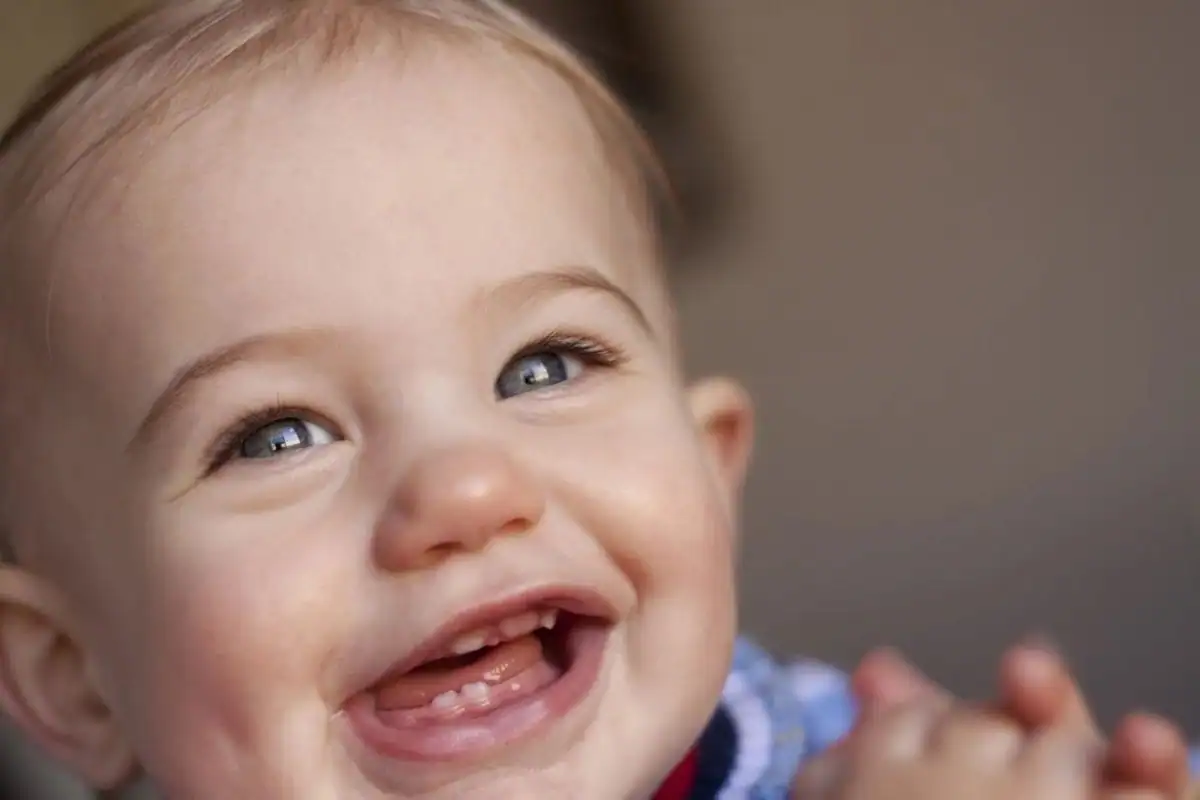
Advertisement
Caring for Your Baby’s New Teeth
Once your baby’s teeth start coming in, it’s time to care for them properly. Dentists recommend cleaning new teeth with water and a soft brush, avoiding fluoride toothpaste until your child is older. Early dental hygiene helps prevent tooth decay, which can happen at any age, and gets your baby used to the routine of dental care. Most pediatricians recommend a first dentist visit by age two to check on dental health and ensure everything is developing as it should.

.png)




